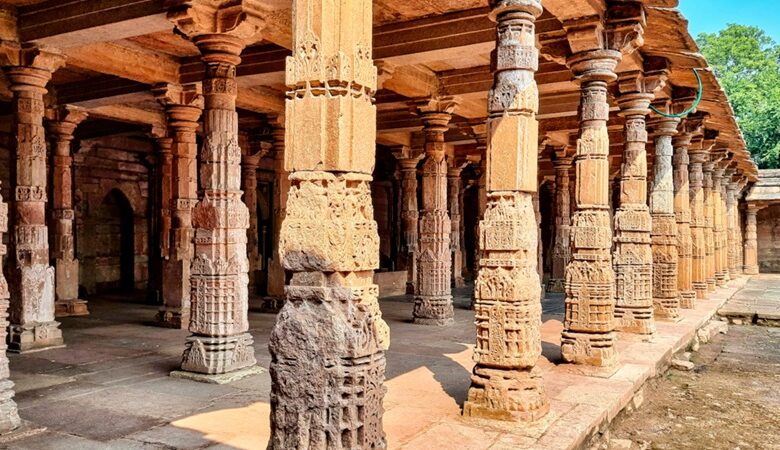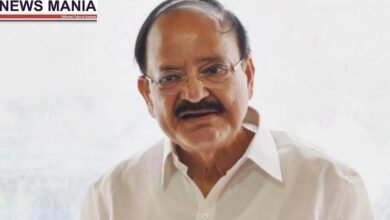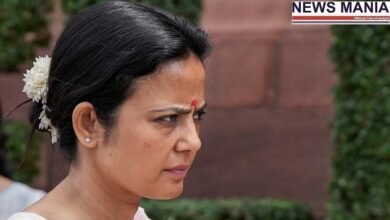Bhojshala Temple-Kamaal Maula Mosque Dispute: ASI Submits Scientific Survey Report

News Mania Desk/Agnibeena Ghosh/15th July 2024
The Archaeological Survey of India (ASI) recently submitted a comprehensive scientific survey report regarding the Bhojshala Temple-Kamaal Maula Mosque structure in Madhya Pradesh to the Indore Bench of the MP High Court. This submission marks a significant development in the longstanding dispute over the religious identity of the site.
The report, spanning approximately 2000 pages, was presented by ASI’s legal representatives at the High Court registry. Scheduled for hearing on July 22, the case has garnered widespread attention due to its historical and cultural implications.
Situated in the Dhar district of Madhya Pradesh, the Bhojshala-Kamaal Maula structure has been a contentious issue between the Hindu and Muslim communities for decades. Hindus revere the site as the Temple of Vagdevi, associating it with Goddess Saraswati. Conversely, Muslims recognize it as the Kamaal Maula Mosque.
The legal proceedings were initiated following an application by the ‘Hindu Front for Justice’, prompting the High Court to order ASI to conduct a thorough scientific survey of the complex. This directive aimed to gather empirical data to substantiate claims and provide clarity on the historical origins and usage of the site.
The survey, carried out over a period of months, involved meticulous examination and analysis of architectural, historical, and archaeological evidence. ASI’s role in this matter has been pivotal, as it seeks to present an objective assessment based on scientific principles and rigorous research methodologies.
The submission of the report represents a critical step towards resolving the longstanding dispute over the religious identity of the Bhojshala-Kamaal Maula structure. It underscores the importance of archaeological evidence in adjudicating historical controversies that have deep-seated cultural and communal ramifications.
As the legal process moves forward, stakeholders from both communities await the High Court’s deliberation on July 22, hopeful that the scientific findings presented by ASI will contribute to a fair and just resolution. The outcome of this case is anticipated to have far-reaching implications not only for the immediate parties involved but also for the broader discourse on heritage preservation and religious harmony in India.






